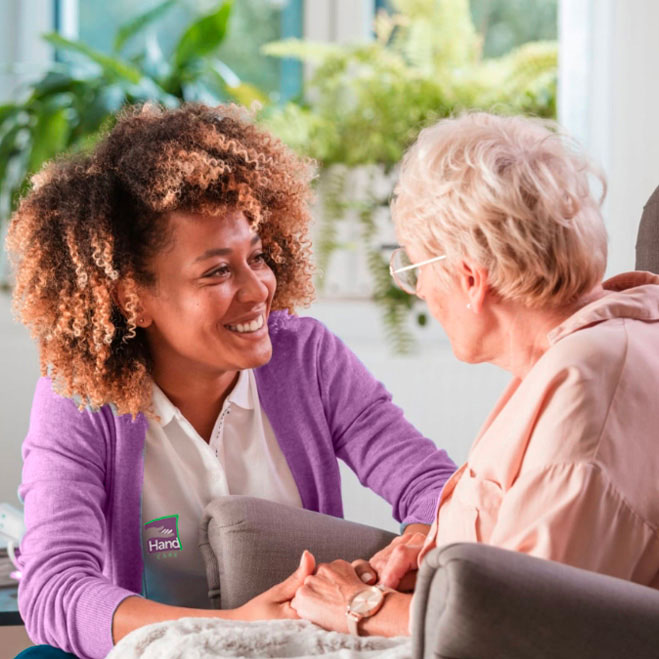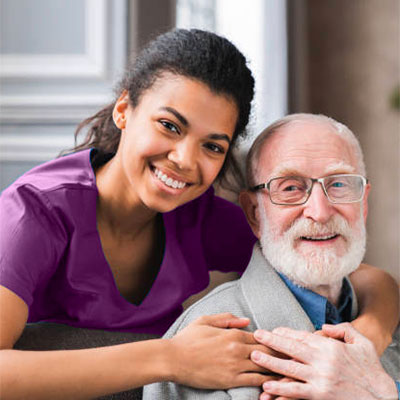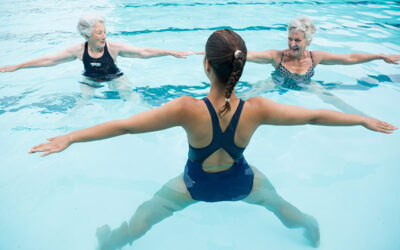In-Home Care For Your Loved Ones
We are dedicated to providing compassionate, dignified, 24/7 in-home care. Our quality, affordable care solutions allow your loved one to receive the best possible care from the comfort of their own home.
Elder Care
Companion Care

Alzheimer's & Dementia Care

Special Needs Care
With in-home care…
Your loved one can enjoy the comfort and familiarity of home, while still receiving the quality care that they need. One-on-one in-home care means that your loved one will be attended to by a dedicated, compassionate caregiver — not an overworked, rotating staff of strangers. Give your loved one the best, with Right Hand Senior Care.
Our team members are Superheroes in Comfortable Clothes™ . When we select our caregivers, we look beyond just skills and professional qualifications. All of our superheroes are chosen for their friendliness, compassion, and genuine desire to help those who need it most. Members of our marvelous league may not wear capes, but their superpowers will make all the difference when it comes to your loved one’s care.
A Mother and Daughter’s
Shared Vision
Robbie Pate and Heather Monoc’s need to staff caregivers for Robbie’s elderly mother has blossomed into a multi-location franchise extending in-home care services to other individuals and families.
Right Hand Senior Care
Our Mission
Right Hand Care is committed to doing our part in the aging-in-place movement.
Our Process
We take the time to learn about you, your loved one and your capabilities and needs
Become a Superhero
Join our league of Superheroes in Comfortable Clothes™!
In-home Care in the ‘Right Hands’
The annual listing of 10 companies that are at the forefront of providing Elder Care services and impacting the marketplace.
“For me, specialization is the key to creating efficiencies that will allow our industry to grow at the pace demanded by demographic realities”
Heather Monoc
CEO, Right Hand Senior Care

Testimonials
Our Blog
How to Pay for In-Home Senior Care: 6 Realistic Options
Tel: (877) 777-1817info@RightHandCare.comHow to Pay for In-Home Senior Care: 6 Realistic OptionsWhen a loved one begins to struggle with daily tasks and can no longer care for themselves independently, it usually falls on their family members to find solutions. Many...
Water Workouts for Seniors: A Fun and Effective Way to Stay Fit
Tel: (877) 777-1817info@RightHandCare.comWater Workouts for Seniors: A Fun and Effective Way to Stay FitWe’ve reached peak summertime temperatures, and it’s the perfect time to cool off in the pool — and get a workout in while you’re there! Water workouts are an...
Services That Support Seniors as They Age in Place
Tel: (877) 777-1817info@RightHandCare.comServices That Support Seniors as They Age in PlaceAround 77% of adults over 50 want to “age in place” and remain in their homes as they get older, rather than go to an assisted living facility or nursing home. There are plenty...
Contact us
How Can We Help

We are Superheroes in Comfortable Clothes™
We take care of our clients, their families, our staff, and our league of franchise owners.









